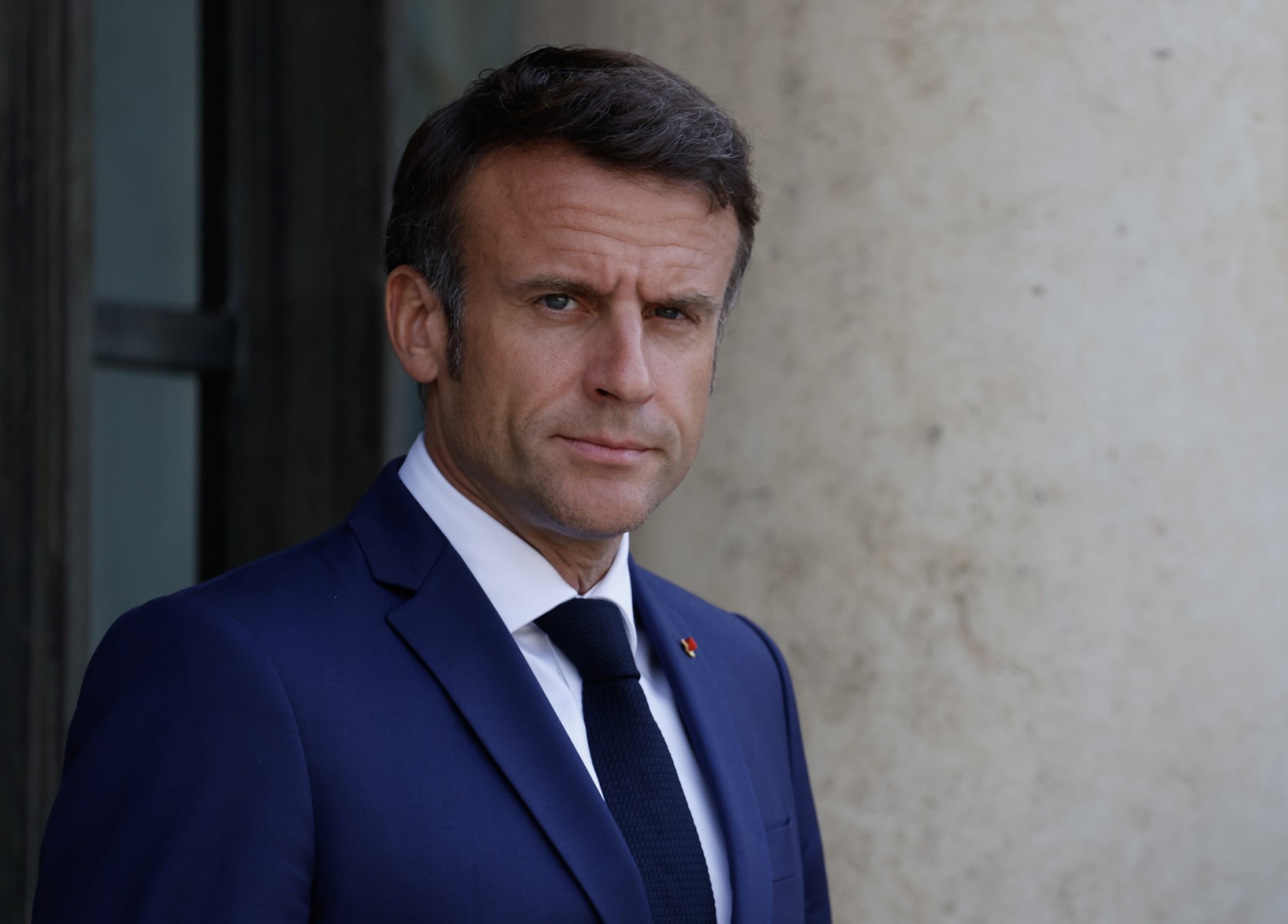Paris, France– French President Emmanuel Macron said in an interview published Saturday evening that Western ground operations in Ukraine might be necessary “at some point”, days after meeting with German and Polish leaders.
Last month Macron refused to rule out putting troops on the ground in Ukraine, which prompted a stern response from Berlin and other European partners.
But the French president has not recanted from his position, but stressed that Western allies would not take the initiative.
“Maybe at some point — I don’t want it, I won’t take the initiative — we will have to have operations on the ground, whatever they may be, to counter the Russian forces,” Macron told newspaper Le Parisien in an interview conducted on Friday.
“France’s strength is that we can do it”.
Disagreements over the possibility of ground operations and the delivery of long-range missiles to Kyiv had threatened to undermine cooperation between the allies.
German Chancellor Olaf Scholz reacted angrily to Macron’s earlier refusal to rule out sending troops to Ukraine and his pointed comments urging allies not to be “cowards”.
Macron met his German and Polish counterparts in Berlin on Friday, in a show of solidarity behind Kyiv.
After the meeting, Macron said the three countries of the so-called Weimar Triangle were “united” in their aim to “never let Russia win and to support the Ukrainian people until the end”.








